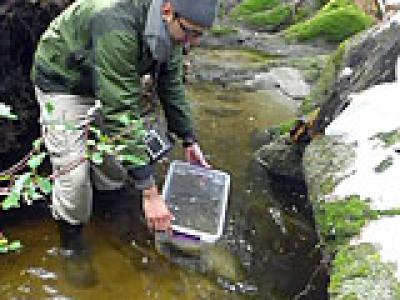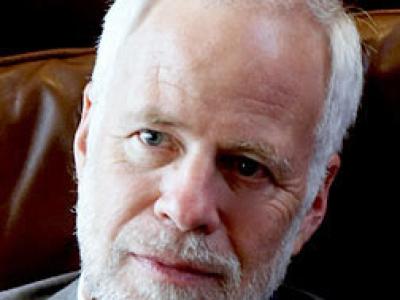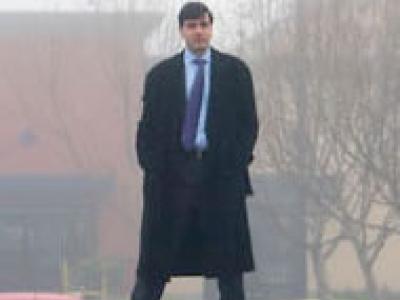Minimum wage hikes don’t eliminate jobs, study finds
Increasing the minimum wage does not lead to the short- or long-term loss of low paying jobs, according to a new study co-authored by UC Berkeley economics professor Michael Reich and published in the November issue of the journal The Review of Economics and Statistics.
Reserves give species new lease on life
The International Union for Conservation of Nature this year singled out the University of California's system of 36 natural reserves — a haven for the state's diverse ecosystems and species for nearly half a century — as one of the "20 best biodiversity success stories." Read more about the efforts by the reserves to reintroduce and foster the survival of endangered and threatened species.
Study shows a third of the lead in our air comes from Asia
In a first-of-its-kind study, Lawrence Berkeley National Lab scientists tracked the amount of lead transported across the Pacific over time. About a third of the airborne lead particles recently collected at two sites in the Bay Area came from Asia. The finding underscores the far-flung impacts of air pollution.
Investments in rural energy efficiency, renewable energy reduce poverty, greenhouse gas emissions
A clean-energy initiative in rural Nicaragua shows that developing nations can take cost-effective steps to reduce carbon emissions while helping the rural poor to reduce their energy expenses, according to researchers at UC Berkeley. Their report inScience analyzes simple steps taken by Nicaraguan government and the nonprofit blueEnergy on that country's Mosquito Coast.
Jet lagged and forgetful? It's no coincidence
Holiday travel can leave people cranky and tired, in part because of jet lag, the result of your body's internal clock being out of synch with your current time zone. For chronic travelers, it's more than a passing annoyance, however. A new study shows that chronic jet lag can cause long-term brain changes that lead to memory and learning problems for at least a month after return to a normal schedule.
Jupiter gets its stripe back
Astronomers using three telescopes atop Mauna Kea in Hawaii have recorded the return of a unique belt on Jupiter that periodically fades from dark brown to white. It's most recent fade-out started earlier this year, but November observations show the brown returning. It appears that reflected sunlight off high elevation clouds of ammonia ice have been blocking our view of the darker clouds below.
Lactate-uptake mechanism may fuel the injured brain
The same basic biological mechanism that helps athletes develop endurance on a treadmill may someday help to save and improve the lives of patients with traumatic brain injuries, according to UC Berkeley Professor George Brooks and colleagues at UCLA. ScienceMatters@Berkeley describes the research and its potential medical application.
Will Ireland go bankrupt? Economic historian sheds light on latest eurozone crisis
UC Berkeley economic historian Barry Eichengreen, an expert on the international monetary and financial system, discussed the Irish economic crisis at a campus seminar Nov. 17. He said Ireland needs to restructure much of the bank debt that its government has effectively taken onto its balance sheet — debt that could reach a staggering 130 percent of GDP in the coming year.
White House awards Alexandre Bayen with early career award
A UC Berkeley researcher who specializes in mobile Internet applications — used, to date, in traffic planning and environmental monitoring — nominated by the National Science Foundation.









